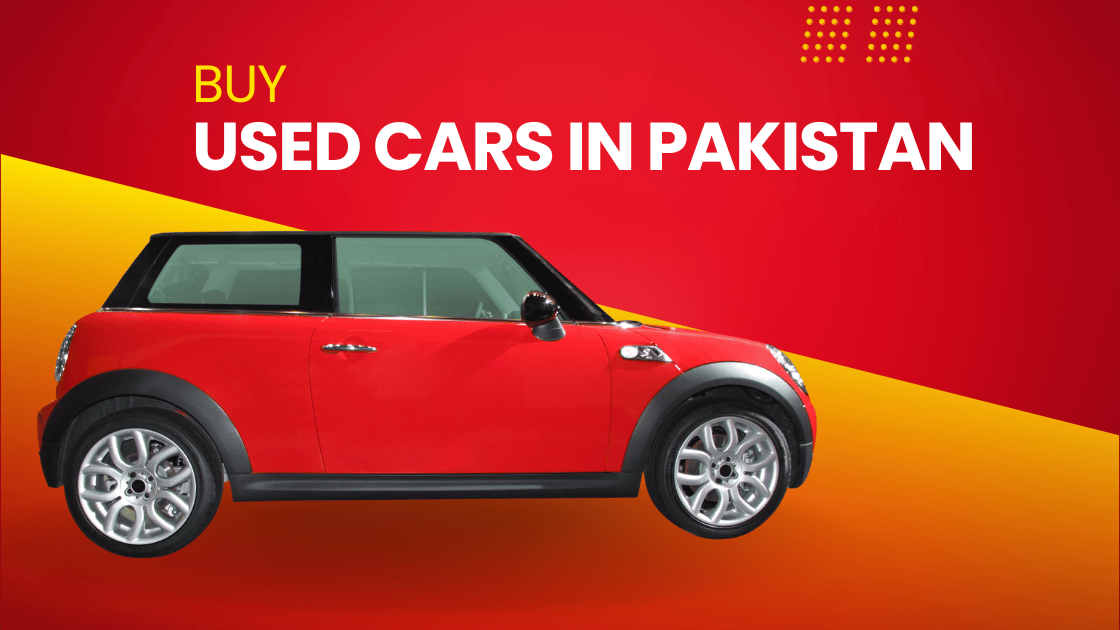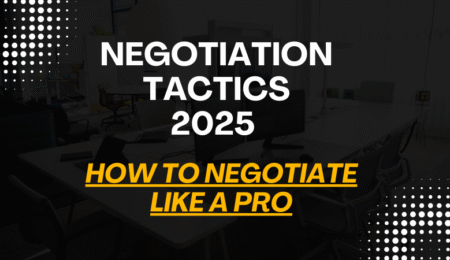Buy Used Cars in Pakistan – Avoid Scams & Fraud
Buy used cars in Pakistan carefully if you want to save money and avoid fraud. While a second-hand vehicle can be a smart investment, scams like fake documents, tampered mileage, and overpriced deals are common. Many first-time buyers end up paying more or getting stuck with problematic cars simply because they don’t know what to look for.
This guide will walk you step by step on how to buy a used car in Pakistan without being scammed, covering everything from research, inspection, paperwork, and negotiation to safe payment methods. By the end, you’ll know exactly what to look out for and how to make a smart, safe purchase.
1. Start with Proper Research
Before you even meet a seller, do your homework. A little research can protect you from major mistakes later.
-
Decide Your Budget: Set a clear budget, including registration, transfer fees, and any repairs you may need after purchase.
-
Choose the Right Model: Look for popular, fuel-efficient, and easy-to-maintain cars in Pakistan such as Suzuki Mehran, Toyota Corolla, Honda Civic, or Suzuki Alto. These have better resale value and availability of spare parts.
-
Check Market Prices: Visit platforms like PakWheels, OLX, CarFirst, and Facebook Marketplace to see average prices of the car you want. This helps you avoid overpaying.
2. Prefer Verified Dealers or Trusted Sellers
Avoid random online ads or shady dealers. Instead:
-
Buy directly from the first owner whenever possible.
-
If using a dealer, go for a registered showroom with a solid reputation.
-
Ask for the seller’s CNIC and contact details to confirm authenticity.
3. Verify Vehicle Documents Carefully
Fake documents are one of the most common scams in Pakistan. Never buy a car without thoroughly checking its papers.
-
Original Registration Book/Smart Card: Verify the chassis number and engine number match the car.
-
Excise and Tax Papers: Confirm yearly token tax payments.
-
Transfer Letter (Form 29/30): Ensure the owner is ready to transfer immediately.
-
NIC Matching: Cross-check the seller’s CNIC with the name on registration papers.
-
Online Verification: Use the Excise Department’s official website (different for each province) to check car ownership and details.
If the seller delays or avoids showing documents, that’s a red flag.
4. Inspect the Car Physically
Even if the car looks shiny, it may be hiding serious problems. Always do a detailed inspection.
-
Exterior: Look for scratches, dents, rust, or mismatched paint that may indicate an accident.
-
Engine: Check for oil leaks, unusual noises, and whether the engine starts smoothly.
-
Odometer Fraud: Many sellers tamper with mileage. Cross-check mileage with car condition—worn pedals, seats, or steering in a “low mileage” car is suspicious.
-
Tyres and Battery: Check their condition as replacements can be costly.
-
Lights, AC, and Electricals: Ensure all systems are fully functional.
5. Always Get a Mechanic’s Opinion
If you’re not an expert, take the car to a trusted mechanic for inspection. Many scams are detected only when a professional checks:
-
Accident or flood damage.
-
Hidden engine issues.
-
Chassis tampering.
-
Suspension or brake problems.
Some services like PakWheels also offer car inspection reports, which are very helpful before purchase.
6. Check for Car History
Cars that have been involved in accidents, theft cases, or bank loans can cause legal trouble later.
-
Stolen Vehicle Check: Contact local police or use online databases (if available).
-
Bank Lease Verification: Ensure the car isn’t under a bank lease or loan. If it is, get a clearance certificate before buying.
-
Accident History: Ask for service records or inspection reports.
7. Negotiate Smartly
Pakistani car sellers often quote inflated prices. Use your research to negotiate.
-
Show the average market price from online ads.
-
Point out repair costs for any faults you noticed.
-
Be firm but respectful. Walk away if the price isn’t reasonable—there are always other options.
8. Handle Payment Safely
Scammers often disappear after receiving cash. Protect yourself with safe payment methods.
-
Prefer bank transfers or pay orders over cash.
-
Never pay the full amount before transfer is complete.
-
Only hand over money after signing the sale agreement and verifying documents.
9. Complete the Transfer Process Immediately
Delaying ownership transfer is a huge mistake many buyers make. If the car remains in the seller’s name, you may face fines, challans, or even legal issues.
-
Go to the Excise & Taxation Office with the seller to complete biometric verification.
-
Submit transfer forms and pay the fee.
-
Get the updated smart card in your name.
10. Avoid Common Scams in Pakistan’s Used Car Market
Here are the most frequent traps and how to avoid them:
-
Odometer Tampering: Always cross-check mileage with car condition.
-
Accident Cars Sold as “Genuine”: Use inspection reports or mechanic checks.
-
Stolen Cars: Verify chassis/engine numbers and check police records.
-
Fake Sellers: Never buy from someone who refuses CNIC verification.
-
Advance Payment Fraud: Don’t pay a big advance before seeing documents.
Conclusion
Buying a used car in Pakistan doesn’t have to be risky if you know the right steps. Always research market prices, verify documents, inspect the car, involve a mechanic, and complete transfer legally. Most importantly, never rush into a deal—scammers often pressure buyers into making quick decisions.
With patience and careful checks, you can save money, avoid fraud, and drive away with a reliable car.



